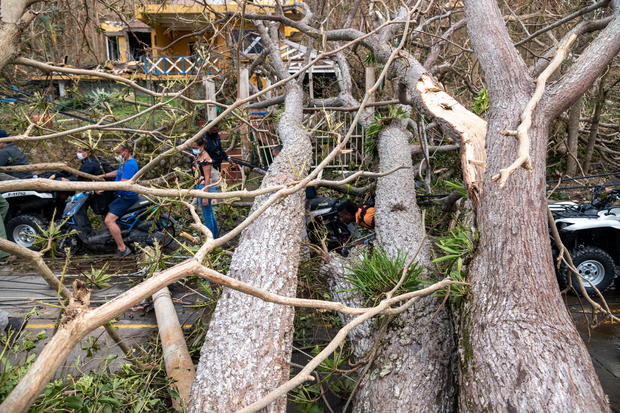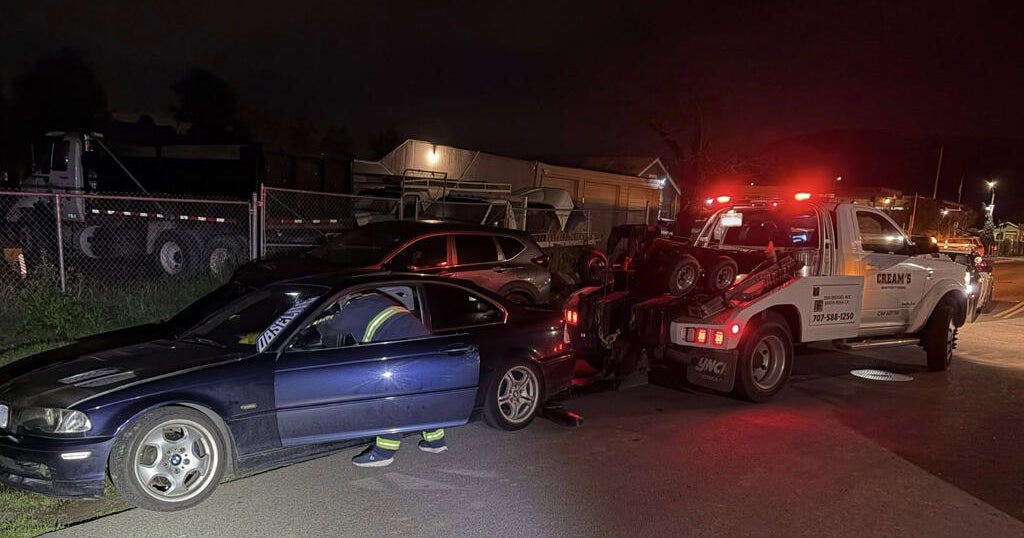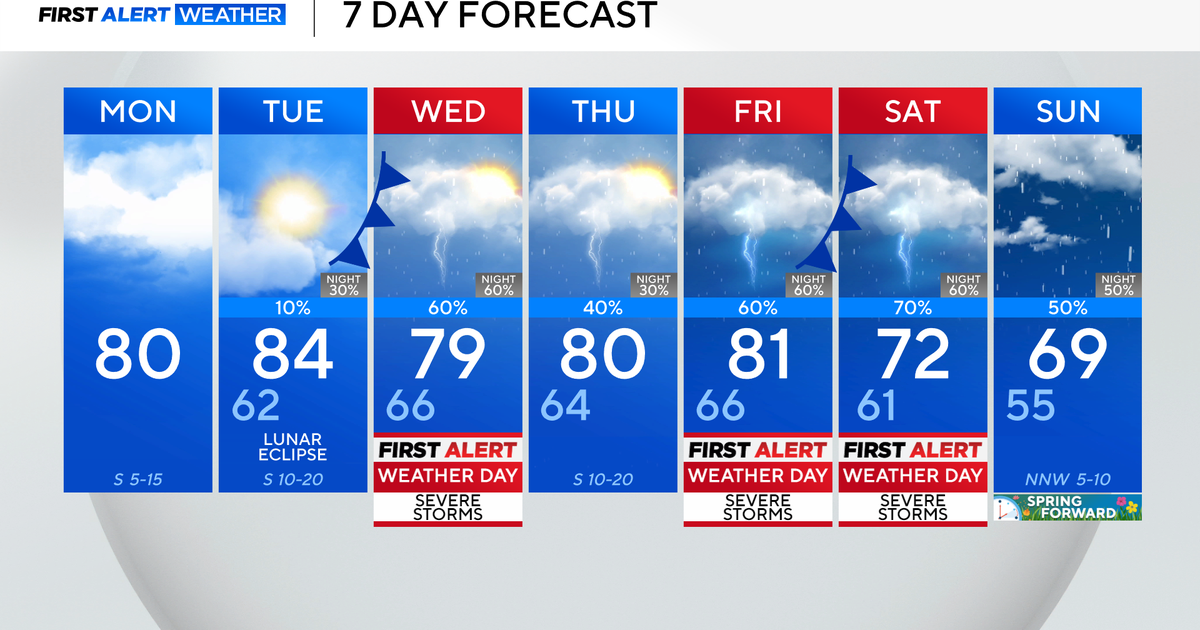Iota still a threat after killing dozens in Central America
Iota's death toll rose to 38 Wednesday after the year's biggest Atlantic storm unleashed mudslides, tore apart buildings and left thousands homeless across Central America, revisiting areas devastated by another hurricane just two weeks ago. Iota plowed through the coast packing furious winds of 155 mph on Monday evening, and forecasters have warned of more "life-threatening" conditions despite clearing conditions.
Winds had slowed to 30 miles per hour by Wednesday morning and the storm was dissipating, forecasters from the U.S. National Hurricane Center said.
But they warned that parts of Central America would face "life-threatening flash flooding" through Thursday, with heavy rains expected from Iota's tail.
"Flooding and mudslides across portions of Honduras, Nicaragua and Guatemala could be exacerbated by saturated soils in place, resulting in significant to potentially catastrophic impacts," the NHC said.
CBS News weather producer David Parkinson says rain is expected to continue off and on in Honduras over the next several days, with over an inch forecast every day through Sunday.
Eighteen people are confirmed dead in Nicaragua, where the storm made landfall at its peak strength, with seven children among the them.
"My house was destroyed by the hurricane, it left me only sand and water," said Diana Moore Poveda of coastal Bilwi city, near where Iota hit. "What you can see is what it left me."
The Atlantic has seen a record storm season this year, including 13 hurricanes, and scientists say that warmer seas caused by climate change are making hurricanes stronger for longer after landfall.
Bilwi had been ravaged only two weeks earlier after its residents found themselves directly in the path of Hurricane Eta -- another of the season's strongest storms.
Iota demolished much of the infrastructure in the city of more than 40,000 people, said local government official Yamil Zapata. "What Eta left standing, this hurricane came and finished it off," Zapata said.
Thousands had been left homeless, electricity and water services were destroyed, while trees were downed and roofs ripped off houses, according to Nicaragua's disaster management agency Sinapred.
Another 14 were killed in neighboring Honduras, including five members of the same family whose home was swept away in a landslide.
Authorities in both countries had rushed to evacuate thousands of people from coastal areas ahead of the storm.
Two people died on Colombia's offshore islands, two more were found dead in Guatemala, and one woman was killed in an indigenous community in Panama.
El Salvador presidential official Carolina Recinos said timely evacuations prevented the country suffering a higher toll.
One motorcyclist died after being struck by a tree in that country.





